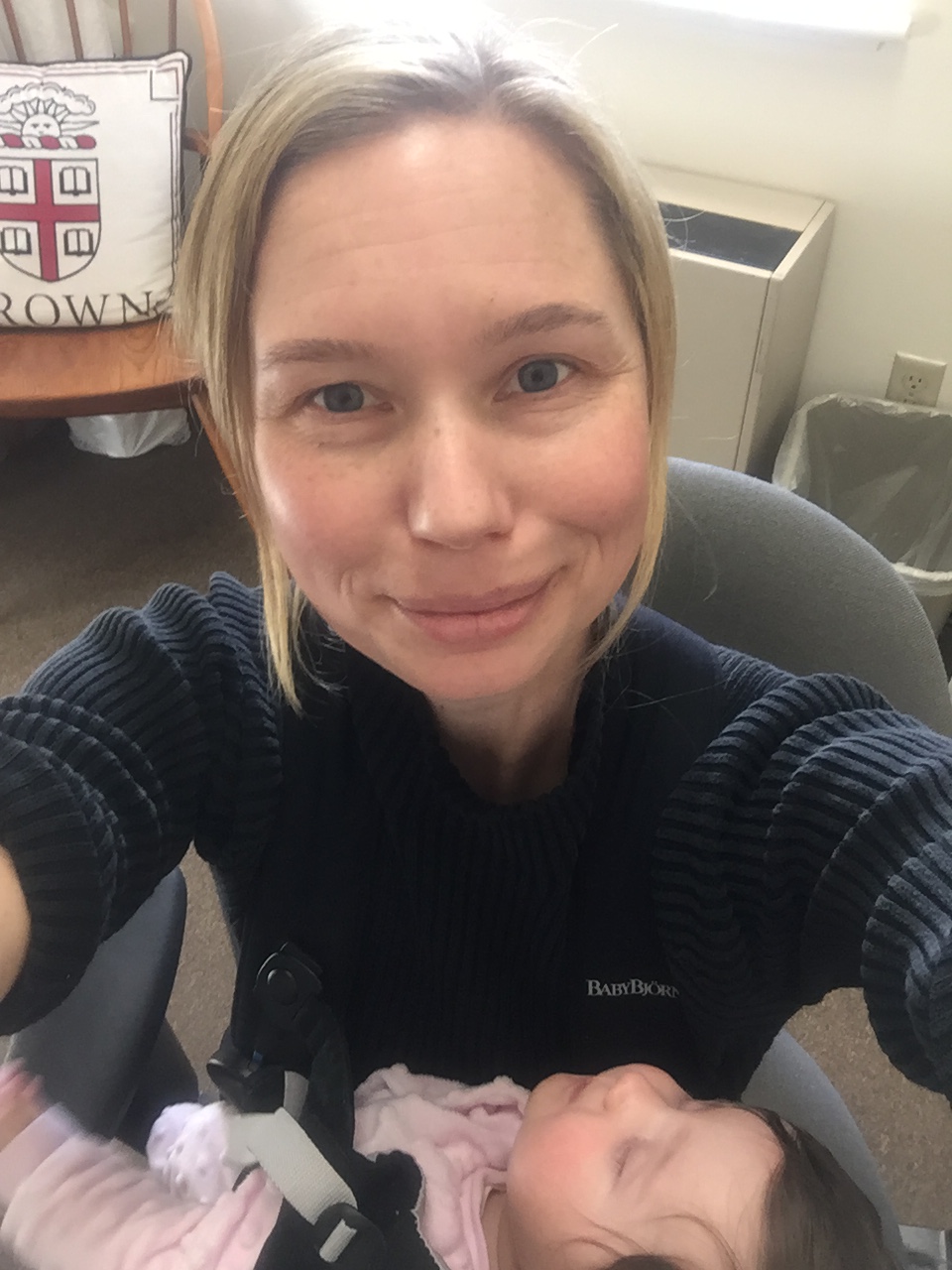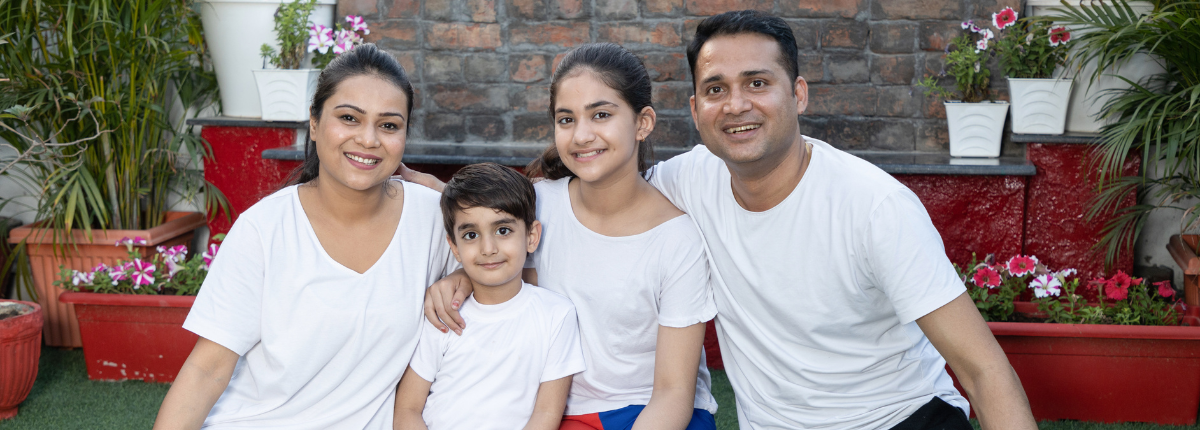When I began my recovery from my Eating Disorder (ED), Anorexia Nervosa (AN), I had a lot of momentum. I was sprinting towards a “recovery finish line” that I had imagined for myself within a self-imposed timeframe of a few months. This was in stark contrast to my 23 years of living with AN. At the 6 month recovery mark, I hit what I thought was a huge roadblock. For the first time in years, my weight had been restored to a point where my periods returned. I had a lot of mixed emotions surrounding this; happiness and excitement, but also distress and fear. This meant that I had passed a biological threshold of “healthy,” but was that something that I was ready for? I was seriously considering giving up recovery then due to my anxiety.
I remember during that critical moment that I reached out to a good friend who was aware of and supportive of my recovery. I came to him, crying, after trying to connect with others, to no avail. I told him that I was “going back to ED,” because I was so scared. He looked at me, hugged me, and gave me some advice that saved my recovery, and indeed my life. He said, “Pause; you don’t have to move forward, but don’t go backward.” He had given me permission to slow my personal race down, to take it from a sprint to a marathon pace, and to not put so much pressure on myself.
For a few weeks after that, I focused on “maintaining,” vs “pushing.” Whenever I thought about “sliding,” I remembered his words, and I reaffirmed to myself that it was OK to take a breather. In the months following, I had the energy to move forward again. It has been over 6 years into my recovery, and there have been other times when I have been frustrated, or overwhelmed, not by ED, but by other life stressors. In those moments, it is easy to let ED take over the reins, but thanks to my friend, I know that I can always hit “pause” on my recovery.
So what are some ways to hit the “pause” button? Of course, everyone has their own experiences, but for me, what helped was to literally stop, breathe, and reflect on how far I had come. In doing this, I did not push myself to eat more/different food than I was comfortable with for a while, I eased back on the “body love” pressure I was putting on myself, and I did not set any short-term weight goals with my providers. I also took an overall break from focusing on my anorexia recovery, and instead, really started to delve into the other aspects of my life that I had neglected. What were my interests/passions? What made me happy, what made me laugh, what made me want to embrace a life that was worth living? Overall, it was a combination of cognitive and behavioral shifts that I made for a while, until I was ready to move forward again. This was only possible when I gave my body the rest it sorely needed.
Heather Hower, MSW, LICSW, QCSW, ACSW has served on the board of the National Eating Disorders Association (NEDA) since 2013 (including the Development Committee, Research Advisory Council, Conference Committee Co-Chair), and collaborates with her NEDA colleagues on eating disorder research studies, papers, and presentations. Through her position at Brown University Department of Psychiatry and Human Behavior, she has also been collaborating with her local Rhode Island Hospital/Hasbro Children’s Hospital Eating Disorders Partial Hospital, Outpatient, and Home-Based clinical programs since 2013. Heather had anorexia nervosa for 23 years, and has been recovered since 2012.






